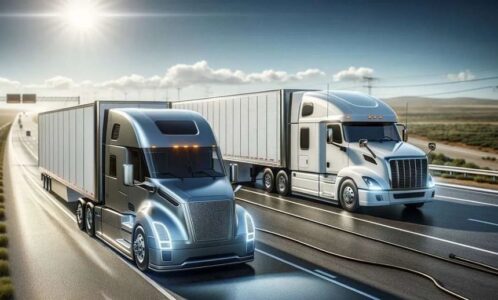Have you ever wondered how we can drive towards a greener future without compromising efficiency? In a world where sustainability and eco-consciousness are becoming increasingly integral to our daily lives, the transport industry stands at the forefront of innovation. With concerns about climate change mounting, the quest for alternative fuel sources has never been more urgent. Among the myriad solutions, hydrogen-powered vehicles emerge as a beacon of hope, promising to revolutionize the way we transport goods. But how exactly will these vehicles transform the transportation landscape, particularly in the realm of light commercial vehicles? Hydrogen fuel cell technology has gained considerable momentum as a viable alternative to traditional fossil fuels. Unlike conventional vehicles that rely on internal combustion engines or battery-powered electric motors, hydrogen-powered vehicles utilize fuel cells to generate electricity through a chemical reaction between hydrogen and oxygen. The only byproduct? Pure water, making it one of the cleanest forms of energy available. But why are light commercial vehicles poised to benefit the most from this technological shift? The answer lies in their unique role in the transport ecosystem. Light commercial vehicles, including vans and trucks, are the workhorses of urban logistics. Hydrogen-powered commercial vehicles form the backbone of countless businesses, from delivering packages to transporting goods between warehouses.

